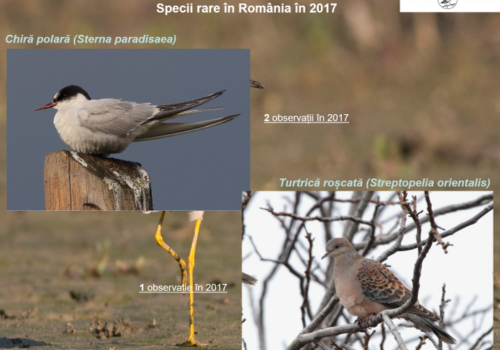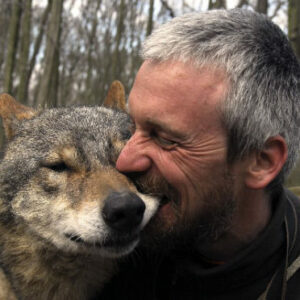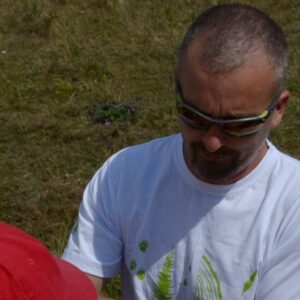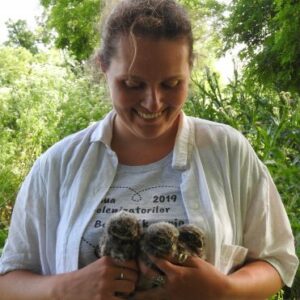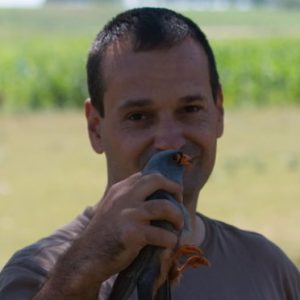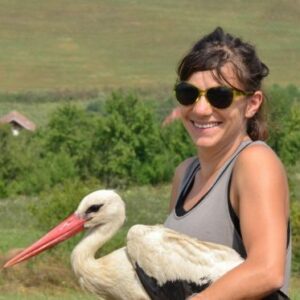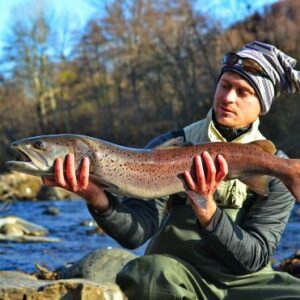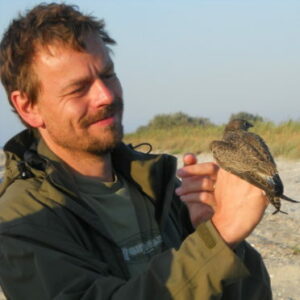Increased use of pesticides and fertilisers has led to declines in Europe’s bird populations, especially those species that feed on insects. That’s the conclusion reached by experts in a study that analysed data from 28 European countries.
“This is the most comprehensive dataset ever assembled measuring the relative contribution of several metrics of climate and land use changes on bird populations. Think about it: we are talking about 170 species monitored across Europe at 20,000 sites over 37 years! “ – says Stanislas Rigal, author of the study.

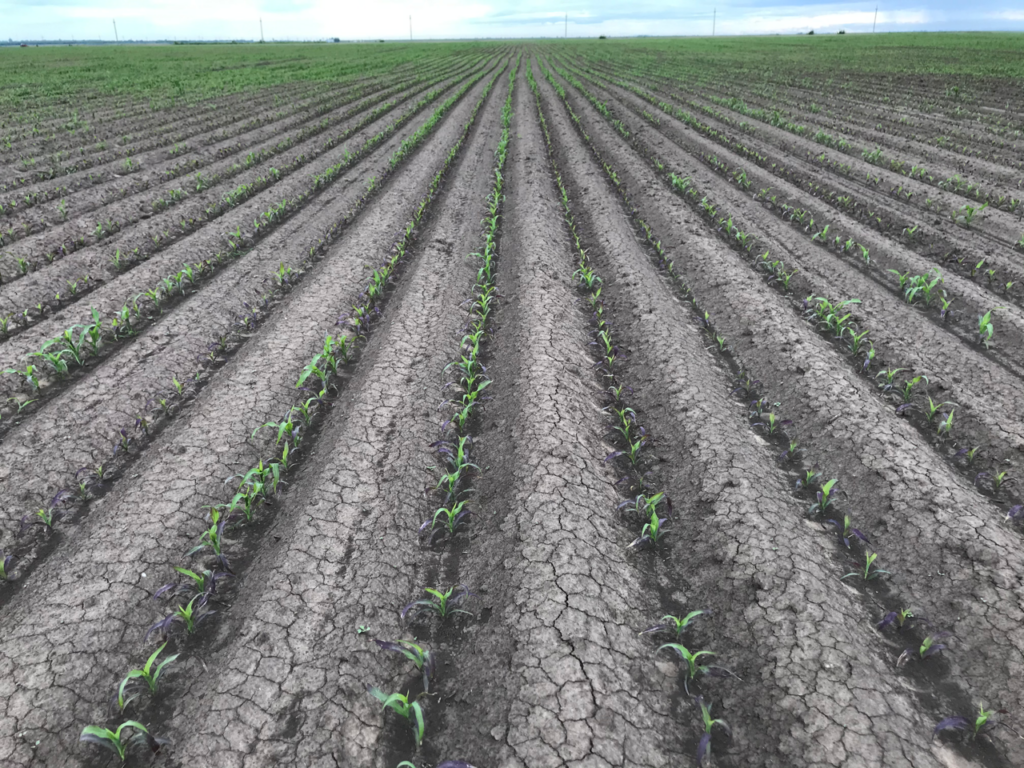
The main finding of the study is that the intensification of agriculture is primarily damaging on avian biodiversity. Those most affected by intensive farming, where pesticides and fertilisers are used, are, as expected, farmland species, with a population decline of 60% (between 1980 and 2016). For woodland species, the decline is 17.7%, and the population of urban dwellers has decreased by almost 28%.
At the same time, biodiversity is under increasing pressure from climate and land use change. But how species respond to these pressures and which species are more dominant remain controversial questions.
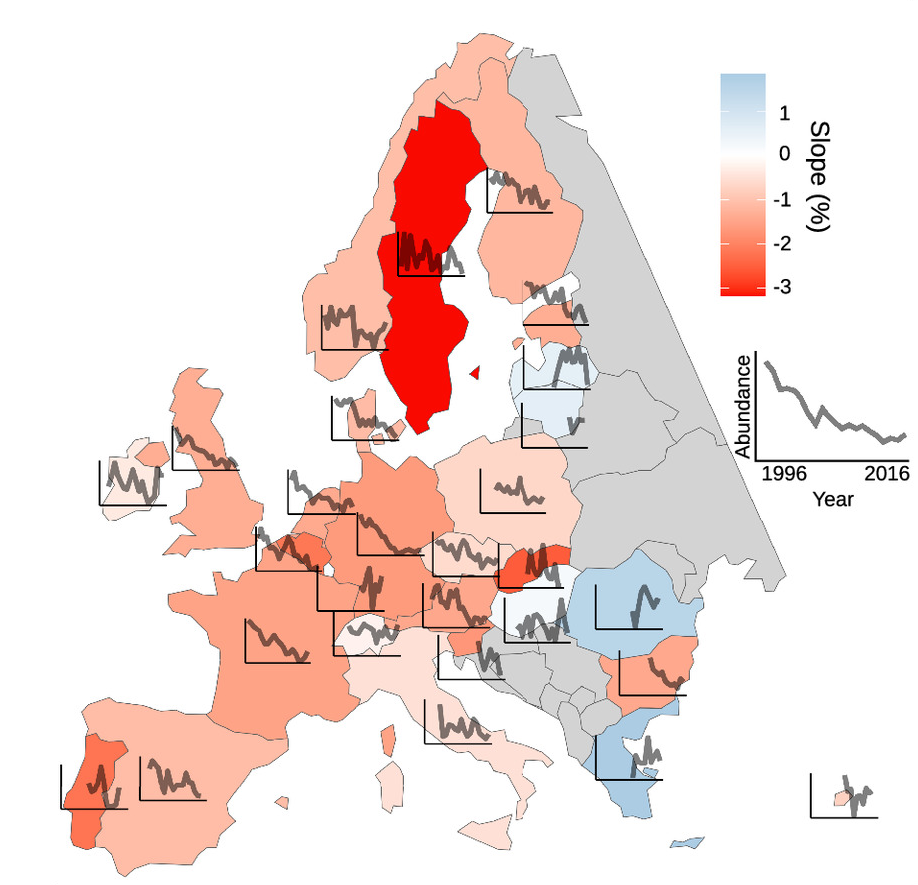
The authors of this study are raising the warning flag about the urgency of taking decisions on the control and strict regulation of agricultural practices. Europe’s food production strategy is under pressure. The Russian-Ukrainian conflict is driving European countries to promote self-sufficiency in agricultural production, and governments are already struggling to balance high productivity from industrial farming practices with environmental protection and climate change. This study shows that action is now urgently needed to find a different model of food production and, more generally, “in the way the world lives in European countries, if bird populations are to have a chance to recover,” as the study concludes.
The study is also based on data from Romania, collected by the Romanian Ornithological Society and the Milvus Group Association, which has been running a biodiversity monitoring programme called Common Bird Monitoring for 18 years. Incidentally, our colleague, ornithologist Szabó D. Zoltán, is among the co-authors.
The results of the study were recently published in the journal PNAS (The Proceedings of the National Academy of Sciences) of the US National Academy of Sciences, one of the most prestigious multidisciplinary scientific journals in the world.

